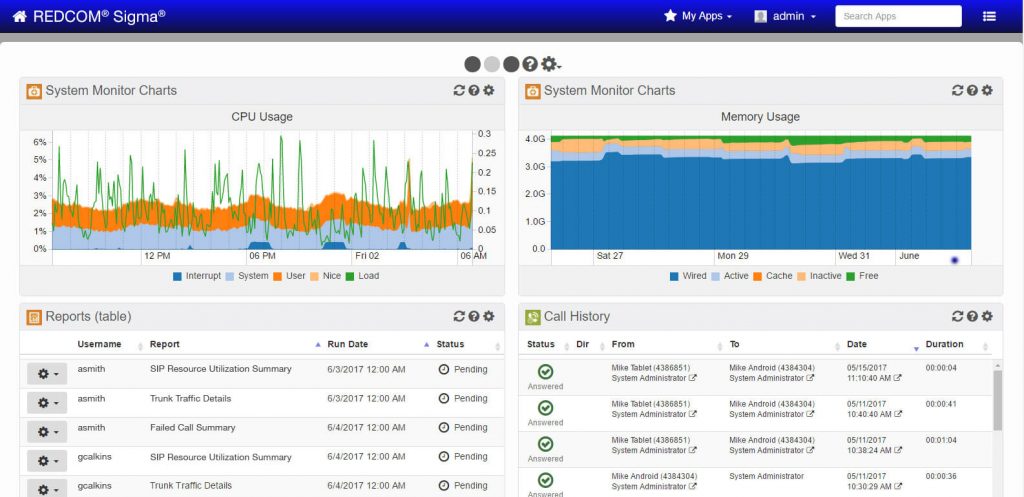In current American discourse surrounding cybersecurity, we are often confronted with the idea of the Russian adversary. Whether it be botnets, malware attacks, network intrusions, or general disinformation, many are quick to pin malicious cyber activity on Russian operators. Following our 2016 presidential election, Russia’s influence in this realm became apparent, even to those not well-versed in cyber-threat analysis. Before this though, experts have known not only of Russia’s deep involvement in cyber-warfare but also of the peculiar geopolitics that put Russia in a unique position within the international cyber-landscape.
Political corruption is inherent to Russian politics, with government, crime, and business often operating in coordinated concert. Coined the Russian Nexus, this peculiar relationship between enterprise leaders, governmental figures, and crime syndicates allows for quick mobilization of distributed resources on cyber-related projects, but leaves ample room for internal tensions and complications. However, even through this staggering amount of internal politics and unfriendly competition, the Russian Nexus is very efficient in keeping pace with the dynamic field of cyber-warfare.
Many were given insight to Russia’s position in cyber-warfare due to the fallout of their malicious actions during the 2016 U.S. presidential election cycle. Although Russia’s serious attitude and seemingly strong theoretical understanding of warfare in the cyber domain make them a serious threat and competitor, their vulnerabilities lie in overall poor execution and weak maintenance of their various cyber projects.
The decentralized operating structure of Russian cyber-warfare poses a large threat to the cyber assets of the U.S. and its allies. When faced with a cyberattack on its infrastructure, the U.S. is burdened by slow mobilization of resources due to suboptimal policy and bureaucratic decision-making – roadblocks that are entirely alien within the Russian Nexus. When considering factors such as budget, personnel, and training, it is unlikely that Russia will be able to outmatch the U.S. in terms of conventional military power, however, Russia has no need for advancing their conventional prowess when they can accomplish their goals through cyber avenues.
Russia’s unique place in the domain of cyber-warfare can be further understood by looking at their history and current attitude toward technology, the state of their modern geopolitics, and by understanding the Russian Nexus. Like many other nations, Russia sees the importance of Information Warfare in being able to win battles and exercise political will without physical war deployments. However, this strength has the potential to become a weakness due to the vast amounts of internal conflict and general disconnection between Russian agencies fueling operational problems on both the domestic and international stage. Regardless of relative strengths and weaknesses, one thing is clear: Russia is all-in regarding the domination of cyber-warfare. We should be too.












